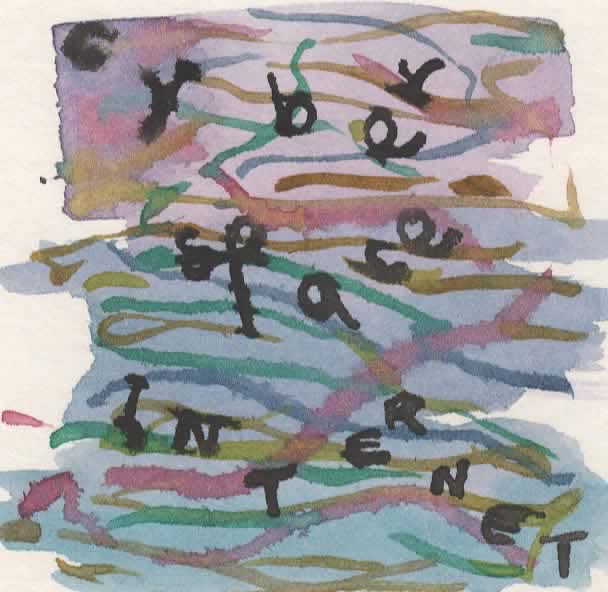 This is the last journal entry post. It means beginnings and endings;
This is the last journal entry post. It means beginnings and endings;
the beginning of my website building start without specific instructions. It is not entirely scary because I have some ideas about what and how I should publish online. The entry image I hope that you enjoyed it; it is the cyberspace where strings would never ever be loosened. Once it is published, we cannot take it back, and it has its colour that could be recognized (not necessarily its origin).
[At this point, I think I love using metaphors] I tried so many times through this special website.
The online article, Online anonymity is the last refuge of cowards, by Adam Goldenberg emphasizes on the anonymous, hurtful messages sent out to the public. Through the example of Christopher Peloso, Goldenberg brought up the shocking anonymous tweets and texts which cannot be measured the levels of damages to the families, the public, the cyberspace and so much more. It might seem difficult to relate, but I think it does bring up the point that it is the time for us to rethink our behavior online and the potential abuse of the Internet. Everyone has its own ups and downs. My personal experience is that I once tweeted something depressing and got a warning (my tweet was depressing and it was a crucial time when all schools focus on surveillance and security). That taught me something about my wording online could have lead someone else to something even worse. We all have to think twice, or more, before we publish something online.
Speaking of online surveillance, I once tweeted a link about one documentary. The link was unplugged, but here is a view from a more formal proper reference. Here is another unthinkable/ inconceivable thought from Jennifer Golbeck’s article, On second thought… Facebook wants to know why you didn’t publish that status update you started writing. The term, self-censorship, comes out when we magnify the behaviour of ‘constructing the unpublished thoughts’. Our invisible interactions would be monitored and recorded. The example of Google drive is great example to give the basic picture on this topic (Facebook’s tracking those ‘almost-published’ posts). The only thing is that we as publishers cannot even go back to the exact drafts in our mind; it is almost impossible to recall what exact words we have used for certain things (articles, tweets etc). My question on this interesting thought would be how validated/ solid those unpublished thoughts/ opinions/ ideas would be? I mean, when we cannot go back our drafts, we cannot even give conclusive reasons for not publishing. Giving conclusive explanations of human behaviour is impossible (just because there is infinite factors that control the ‘not-to-publish button).
I appreciate those (technical professionals, researchers etc) who push the limits of computer, cyberspace and the Internet. Both we as users who question ,and they as creators who collect metadata change the perception of networks. It is worth discussing for sure; otherwise, those writers from Facebook won’t be facing certain violations against their company.